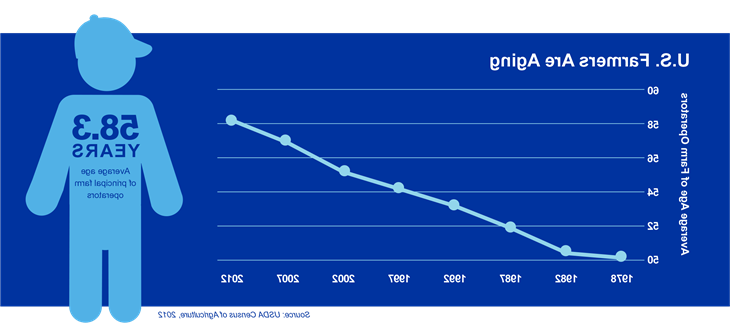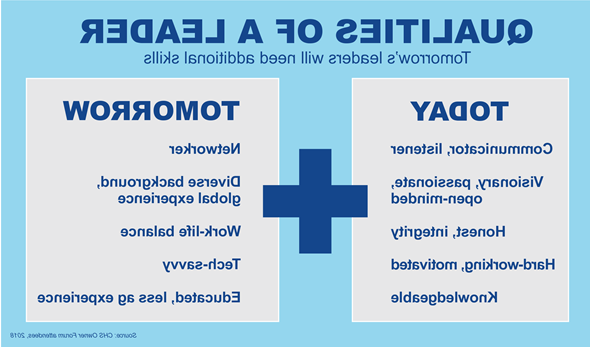Next-generation ideas

Recruiting associate directors helps co-op board prepare for the future.
Ryan Mackenthun and Jake Rieke wouldn't argue with descriptions often used for people in their millennial generation: tech-savvy, civic-minded, having global views, wanting work-life balance. The young farmers and their peer Phil Clark share an interest in community involvement that compelled them to accept positions as associate directors on the board of United Farmers Cooperative (UFC), based in Winthrop, Minn.
The associate director role was created to help younger co-op members learn about cooperative governance and how decisions are made by the board. As nonvoting members, they attend board meetings and training sessions, and they talk with elected directors about their duties and time commitments.
In turn, the cooperative benefits from new objective input from associate directors and by filling the pipeline for future open director seats.
Mackenthun, who farms near Brownton, Minn., says he wanted to get involved for practical and personal reasons. "Farming is my livelihood, and since we buy most of our inputs from UFC, it makes sense to get involved and know what's happening there. Farming can be kind of a solitary occupation, even though I farm in partnership with my brother-in-law, so I enjoy sharing ideas with other farmers."
Rieke returned to his family farm near Fairfax, Minn., in 2010 with his wife, Kylie, after a two-year stint in the Peace Corps. He says becoming involved with the cooperative board seemed natural. "I have been impressed with the co-op's forward-thinking approach, especially with using new technology."
Clark works on his family's crop farm outside Young America, Minn., and as a credit officer with Farm Credit Services. "I wanted to get involved in the cooperative to learn more about how it makes decisions and responds to member needs," he says, "and to develop my leadership skills and learn from other farmers.
Second time's the charm
UFC started serious board succession planning, including an associate director program, more than a decade ago. Several young cooperative members were chosen in that initial effort, but the next years brought mergers and acquisitions, which temporarily shifted board priorities and left less time for associate directors. The administrative dust has settled after the central Minnesota cooperative's last merger in 2014, so last year the board decided to rev up the associate director program.
Board Vice Chairman Jeff Manderscheid handles director elections, so he helped organize the search for associate directors. The first step was asking Greg Peton, UFC executive vice president of sales, to poll the co-op's sales team for candidates. "They came up with the names of about 30 people and we sent them information that explained the position and time requirements.," says Manderscheid. "From that group, about a dozen members applied for three associate director openings."
Board members interviewed the candidates and were impressed with the whole group, he says. "We were looking for people with new ideas and a variety of backgrounds, and we certainly got that. Jake helped start a broadband fiber cooperative in the area and sits on its board. Ryan worked with other farmers in his area to form a machinery cooperative. And Phil has a banking and finance background."



Good time to start
Cooperatives of all sizes have been struggling to find qualified board members, notes Jen McCubbin, market development manager, CHS Cooperative Resources. "They're looking for ways to engage the next generation of members. Some have held roundtable discussions with younger members to learn more about their operational goals and interests. Others are running informal associate director programs covering business, financial and leadership aspects of board service. The key is to reach out."
"Involving younger members is an important part of board succession planning.," agrees Manderscheid, "and we were committed to getting the program up and running again."
Associate board members are asked to attend at least five monthly board meetings, including those that cover the budget and audit results, along with the board's annual retreat, the cooperative's annual meeting and the CHS annual meeting. And they're encouraged to attend outside training programs with the board.
"In the past, it has taken new board members about two years to get up to speed with out business and to get comfortable with balance sheets and the terminology," says Manderscheid. "This could smooth the learning curve for new board members and make being on the board a more rewarding, productive experience for everyone.
Learn more: Watch a video with UFC leaders.
Check out the full C magazine with this article and more.



